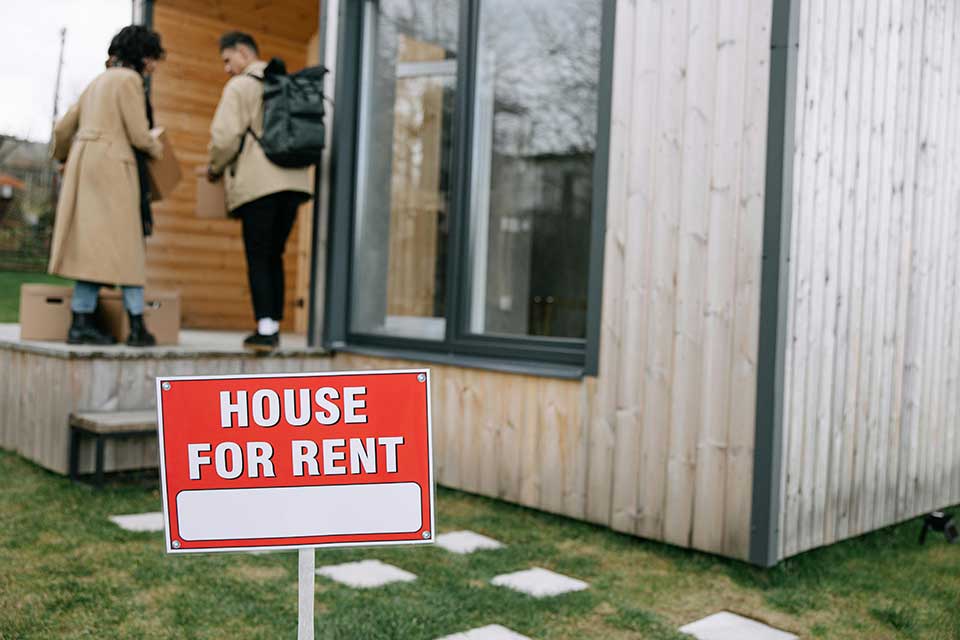Finding a new place to live in the UK is very exciting! As we explain in our Living in the UK guide, securing safe housing is one of the most critical steps to settling in properly. When you find a home you like, the landlord or letting agent will give you a document to sign called a tenancy agreement.
In the UK, your rights as a tenant are protected by important laws, such as the Housing Act 1988. However, the agreement is still a legal contract, and it can look long and confusing. Before signing, it is very important to check a few key things to protect yourself and your money. This simple guide will walk you through the 5 most important checks to make.
Download a sample tenancy agreement below.
1. Check the Basic Details are Correct
This is the first and easiest check. Make sure all the simple facts in the agreement are 100% correct.
- Your Name and Your Landlord’s Name: Are they spelled correctly?
- The Property Address: Is the address of the flat or house correct?
- The Rent Amount: Does it show the correct amount you agreed to pay?
- The Dates: Check the start date of the tenancy. Does it also say how long the contract is for (e.g., 6 months, 12 months)?
If any of these simple details are wrong, ask for them to be corrected before you sign.
2. Understand Your Deposit Protection
Almost all landlords will ask for a deposit. This is money you pay at the start as security. Your rights regarding deposits are strongly protected by law.
- Deposit Protection Schemes: Your landlord must protect your deposit in a special government-approved scheme. This is a legal requirement under the Housing Act 2004. The agreement should say which tenancy deposit protection scheme your landlord will use.
- Deposit Cap: Thanks to a newer law called the Tenant Fees Act 2019, the deposit is legally capped. It cannot be more than 5 weeks’ rent (if your total yearly rent is less than £50,000).
This is very important. If your deposit is not protected correctly, it can be difficult to get it back when you move out.
Tip: Before signing, you should also check that your tenancy deposit is protected, as this is a legal requirement in England
3. Know Who Pays for Bills
Your rent covers the cost of living in the property, but what about other bills? The agreement must be very clear about this. Common bills include:
- Council Tax
- Gas
- Electricity
- Water
- Internet
Usually, the tenant is responsible for paying all of these bills separately from the rent. Make sure you understand exactly what you need to pay for. It is important to budget for these costs, especially understanding Council Tax in the UK.
4. Read the Rules and Responsibilities
A key reason for signing a tenancy agreement is to understand the rules. The contract will list what the landlord must do and what you must do.
- Landlord’s Responsibilities: Your landlord is usually responsible for major repairs, such as to the boiler (heating and hot water), pipes, and the structure of the building.
- Your Responsibilities: You are responsible for paying rent on time and keeping the property clean and tidy.
- Special Rules: Look for any special rules. For example, are you allowed to have pets? Can you have guests stay over? Are you allowed to smoke or decorate the walls?
Did you know?
Even if you sign a tenancy agreement, not all the rules inside it are legally enforceable. UK law protects tenants from “unfair terms”. An unfair term is a rule in the contract that significantly takes away your basic rights or heavily favours the landlord. For example, a clause that says “the landlord can enter your home at any time without any notice” would likely be considered an unfair term. Even if you have signed the contract, a landlord cannot legally enforce such a rule. Your right to live in your home peacefully is always protected.
5. Know How to End the Tenancy
You won’t live in the property forever, so it’s important to know how you can leave. The agreement will explain the “notice period.” This is how much warning you must give your landlord before you move out (for example, one month).
If you have a “fixed-term” tenancy (e.g., for 12 months), check if there is a “break clause.” A break clause is a special term that lets you end the tenancy early if you need to.
What to Do If You’re Not Sure
A tenancy agreement is a legal document. Never sign it if you do not understand something. If you are unsure, ask the landlord or letting agent to explain. You can also ask an English-speaking friend to read it with you. For free, impartial help, you can contact an organisation like Citizens Advice.
Conclusion
Your tenancy agreement is your most important protection when you are renting. It protects you and the landlord. By taking the time to do these 5 simple checks before signing a tenancy agreement, you can feel safe and confident in your new home. Enjoy your new space!
Have a question in mind?
Post it in the comments. I will reply and share the answer with everyone. For personal queries, please reach me via my Contact page.

